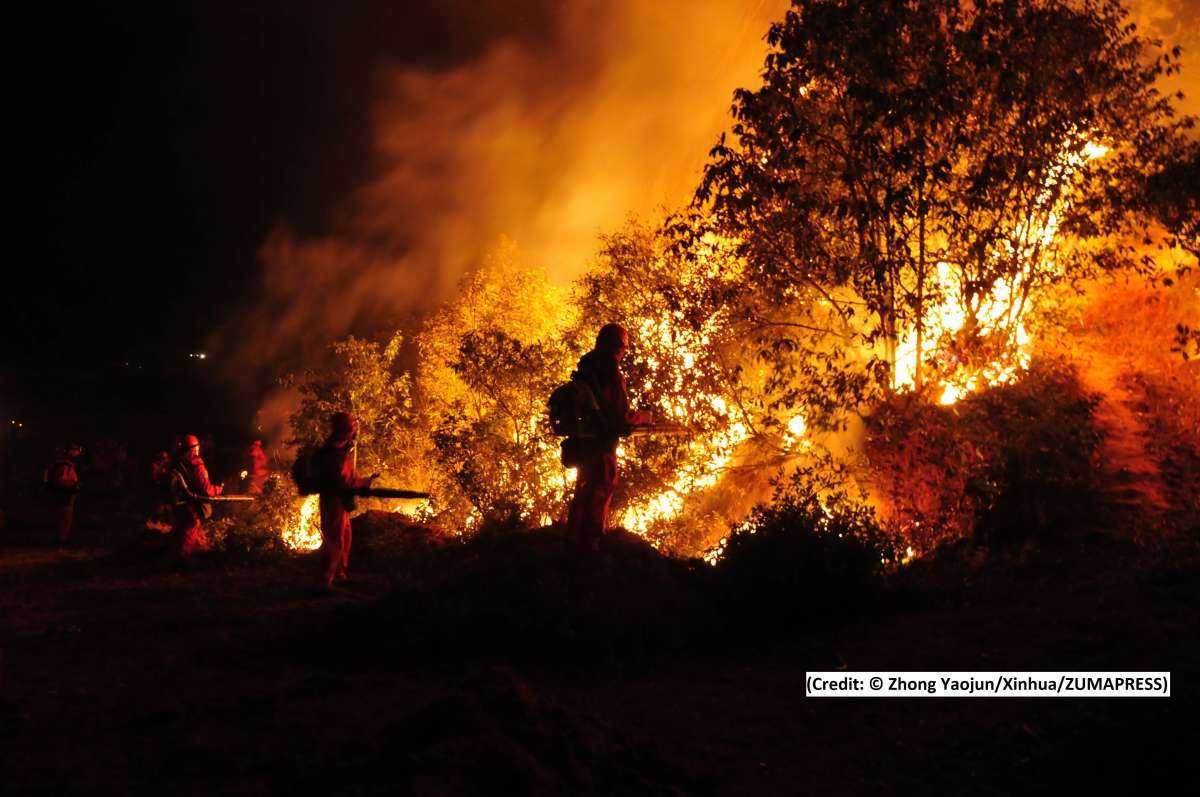Italy’s main agriculture union Coldiretti said Monday that this year is already the third-hottest in Italy since record-keeping began in 1800, while last year was the hottest…reports Asian Lite News
Italy is in the grip of its third major heatwave of this summer, as the hottest two-year period on record continues in the country.
The Ministry of Health said Monday that by mid-week, 17 of Italy’s 27 largest cities will be on “red alert” for heat. A new record of 20 out of 27 cities was set in July.
The cities currently set to be put on red alert by Wednesday include Bologna, Florence, Milan, Naples, Rome and Turin. A dozen cities were already on red alert as of Monday.
Temperatures in cities across central and southern parts of the country are expected to surpass 40 degrees Celsius in the coming days. It is the third time since June that temperatures are set to exceed this level on a wide scale.
A “red alert” means that even young people in good health are at risk during the hottest part of the day.
Italy’s main agriculture union Coldiretti said Monday that this year is already the third-hottest in Italy since record-keeping began in 1800, while last year was the hottest.
Although the heatwaves in 2022 were longer, this year’s heatwaves have been more intense, setting record temperatures in dozens of cities. Last month was the hottest July ever recorded in Italy.
This year has also seen more intense weather-related events: in its report released last week, Coldiretti said that so far this year, Italy has experienced an average of nearly 11 extreme weather events per day. This has caused at least 6 billion euros (6.5 billion U.S. dollars) worth of damage in the agricultural sector alone.
In addition to high temperatures, extreme weather events have included hailstorms, tornados, flash floods, and wind storms.
Elsewhere, the Italian weather website Il Meteo reported that a new “zero point” – the altitude at which the temperature falls to zero degree Celsius – has been recorded at 5,328 meters. The new record was set above the Novara Cameri radio-sounding station between Sunday night and Monday morning.
Previously, the record zero point was at 5,298 meters, in Switzerland. The new higher “zero point” means that the glaciers will melt further, Il Meteo said.
Nevertheless, the latest heatwave is expected to be shorter than the previous two in July. Cool weather from northern Europe is expected to move in and bring down temperatures in most areas by as much as 10 degrees Celsius by the weekend.
ALSO READ-Saudi Arabia pushes to join fighter jet project with UK, Italy and Japan











